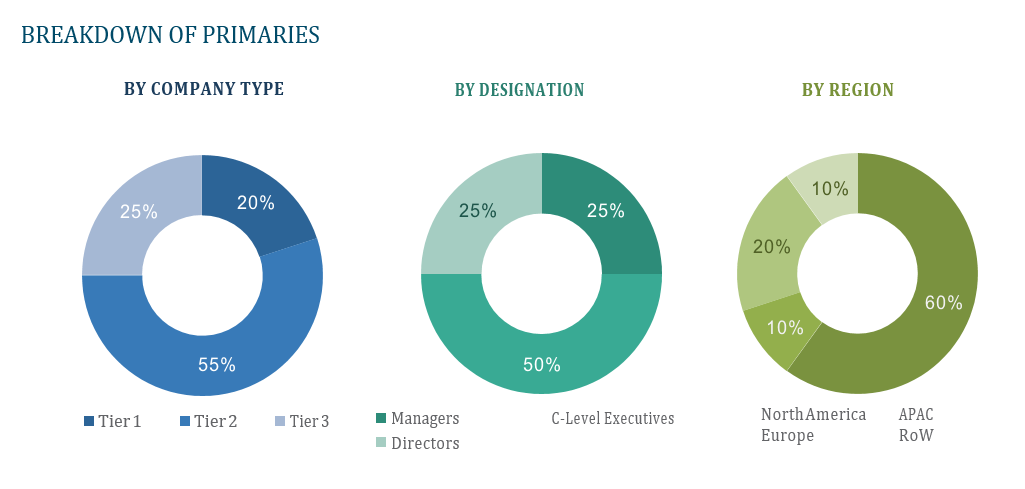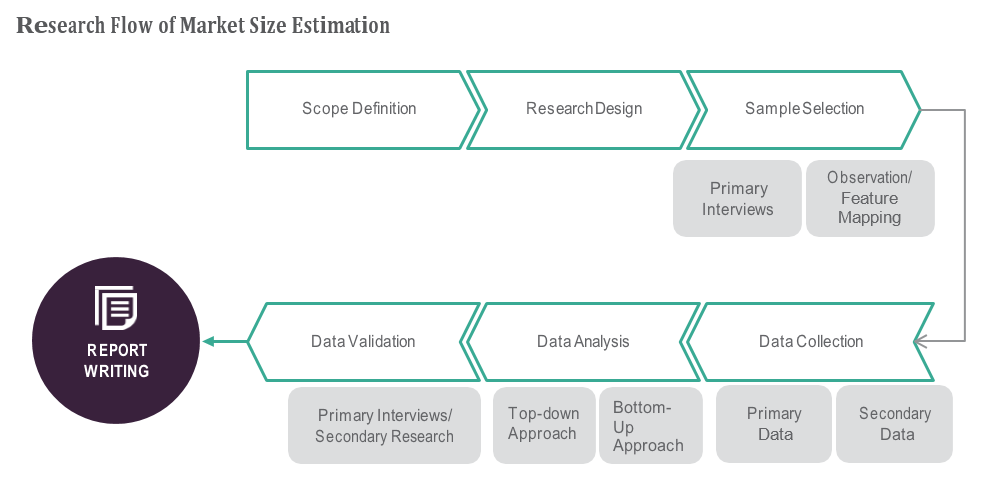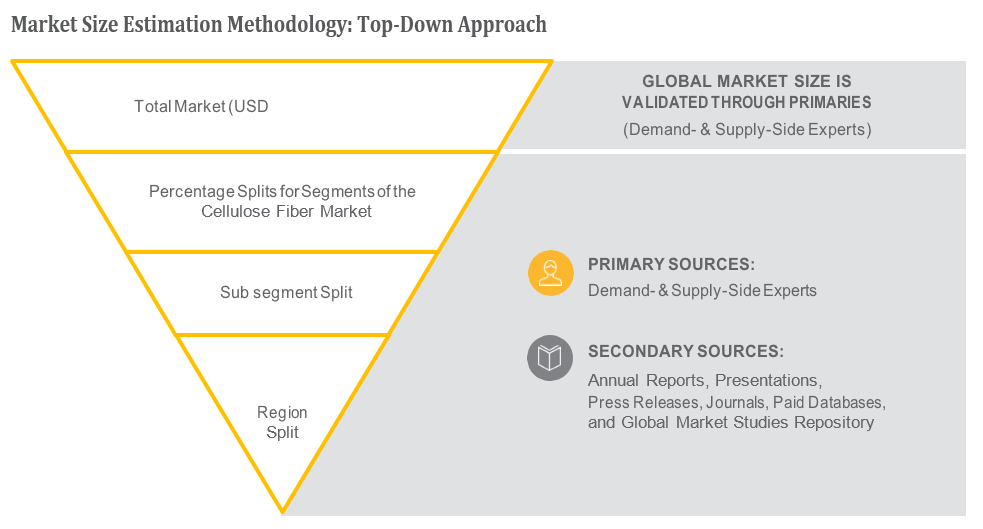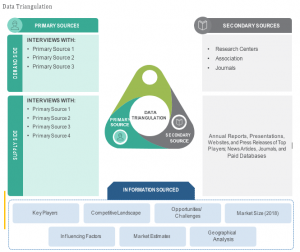OVERVIEW
Research by Global Market Studies has reported a CAGR of 5.8% for the Automotive Fuel Injection Pump Market, expecting to expand to a value of USD 5.29 billion by 2028.
The Automotive Fuel Injection Pump is a crucial component in a vehicle’s fuel system responsible for delivering pressurized fuel to the engine’s combustion chamber. It plays a vital role in ensuring the engine receives the correct amount of fuel at the right pressure and timing to optimize combustion and overall vehicle performance. The fuel injection pump is an alternative to traditional carburetors, which were used in older vehicles for fuel delivery.
Fuel injection pumps are essential in gasoline, diesel, direct injection systems, high-performance vehicles, eco-friendly vehicles, and industrial and agricultural applications. They deliver precise gasoline amounts to cylinders, ensure efficient combustion, and are essential for various applications.
Table of Content
Market Dynamics
Drivers:
Governments worldwide are implementing strict emission regulations to reduce greenhouse gas emissions and air pollution. Fuel injection pumps play a crucial role in delivering precise fuel amounts, improving combustion efficiency and reducing emissions. They also enhance engine performance by providing smoother acceleration and improved power delivery.
The growing demand for passenger vehicles, particularly in emerging economies, drives the need for fuel injection pumps in the automotive industry. Modern engines are adopting direct fuel injection technology, which improves fuel efficiency and performance. High-pressure fuel injection pumps are required for direct injection systems.
As automotive technology advances, fuel injection pump manufacturers are developing more efficient and precise pumps to meet modern engine demands and improve overall vehicle performance. Diesel engines are increasingly popular due to their superior fuel efficiency, making fuel injection pumps essential for delivering fuel in these engines.
Opportunities:
High-pressure Common Rail (HPCR) pumps are widely used in modern diesel engines for precise fuel delivery, improved efficiency, and reduced emissions. Electronic Fuel Injection (EFI) pumps have electronic controls for better fuel flow, injection timing, and pressure regulation, enhancing engine performance. Mechanical fuel injection pumps are still used in some applications, especially in older vehicle models and industrial equipment.
Gasoline Direct Injection (GDI) pumps are designed for gasoline engines with direct fuel injection systems, enabling better fuel atomization, improved fuel efficiency, and reduced emissions. Diesel Inline and Distributor Pumps provide fuel pressure and timing for efficient combustion in traditional diesel engines.
The aftermarket segment offers a wide range of fuel injection pumps, including replacements for worn-out or faulty pumps and performance-enhancing options. Fuel injection pump manufacturers often collaborate with vehicle manufacturers to develop customized solutions tailored to specific engine requirements and applications. Key offerings include fuel injection pumps designed for longevity and reliability, meeting the demands of modern vehicle engines and operating conditions.
Restraints:
Advanced fuel injection systems, such as high-pressure common rail and gasoline direct injection, have higher manufacturing and development costs, leading to increased vehicle prices and impacting consumer demand. Electric and hybrid vehicle growth presents challenges to traditional internal combustion engine markets, with the demand for fuel injection pumps expected to decline.
Replacement parts availability can be a challenge as vehicles age, affecting the aftermarket for fuel injection pumps. Technical complexity and skill gaps in modern fuel injection systems can result in higher maintenance and repair costs, potentially requiring specialized skills.
Volatility in crude oil prices can also impact fuel costs, potentially affecting the demand for fuel-efficient technologies like fuel injection pumps. Consumers’ preferences may shift towards alternative powertrains during periods of high fuel prices.
Regional Information:
North America:In North America, the market for fuel injection pumps is driven by the demand for fuel-efficient vehicles and the stringent emission regulations imposed by the government. The region also experiences a shift towards gasoline direct injection technology.
Europe: Europe has been at the forefront of emission regulations, pushing the adoption of advanced fuel injection systems. The market sees strong demand for diesel engines, leading to the use of high-pressure common rail fuel injection pumps.
Asia-Pacific: The Asia-Pacific region is witnessing significant growth in the automotive industry, especially in countries like China and India. The increasing demand for passenger vehicles and commercial vehicles is driving the fuel injection pump market in this region.
Recent Developments:
• In March 2022, Repos Energy and Mahindra’s Truck and Bus Division (MTB), a part of the Mahindra Group, partnered to cater to doorstep fuel delivery demand through ready-made fuel Bowser trucks or Repos mobile gasoline pumps. The delivery demand would be fulfilled through the Furio trucks. These fully-built fuel bowsers are available on light and intermediate commercial vehicles.
• In February 2022, Cummins Inc. and Werner Enterprises, a premier transportation and logistics provider, announced the validation and integration of Cummins’ recently announced 15-liter natural gas and 15-liter hydrogen internal combustion engines in Werner’s vehicles. Cummins will begin integrating these new powertrains in Werner trucks in the second half of 2022, starting with the 15-liter natural gas product. The 15-liter natural gas engine announced in October of 2021 can be paired with a Cummins Eaton Automated Transmission Technologies Endurant HD Transmission and Cummins Fuel Delivery System.
Key Players:
Cummins Inc., Robert Bosch, Repos Energy, Continental AG, Denso Corporation, Magna International, Keihin Corporation, and Magneti Marelli SPA.
Frequently Asked Questions
1) What is the projected market value of the Automotive Fuel Injection Pump Market?
– The Automotive Fuel Injection Pump Market is expected to reach a value of USD 5.29 billion by 2028.
2) What is the estimated CAGR of the Automotive Fuel Injection Pump Market over the 2023 to 2028 forecast period?
– The Automotive Fuel Injection Pump Market is expected to grow at a CAGR of approximately 5.8% from 2023 to 2028.
3) Who are the key players in the Automotive Fuel Injection Pump Market?
– Cummins Inc., Robert Bosch, Repos Energy, Continental AG, Denso Corporation, Magna International, Keihin Corporation, and Magneti Marelli SPA.
4) What are the drivers for the Automotive Fuel Injection Pump Market?
– Governments enforce emission regulations, requiring fuel injection pumps for precise fuel amounts, improved combustion efficiency, and enhanced engine performance. High-pressure pumps are essential for modern diesel engines.
5) What are the restraints and challenges in the Automotive Fuel Injection Pump Market?
– Limited awareness and adoption, privacy and security concerns, regulatory challenges, research and clinical validation, accessibility and affordability, cultural stigmas and taboos, interoperability and integration challenges and reimbursement and insurance coverage are some key hurdles.
6) What are the key applications and offerings of the Automotive Fuel Injection Pump Market?
– Advanced fuel injection systems face higher manufacturing costs, increased vehicle prices, and consumer demand challenges. Electric and hybrid vehicle growth, replacement parts availability, technical complexity, and oil price volatility impact demand.
7) Which region is expected to drive the market for the forecast period?
– Asia Pacific has the highest value share in the global market and is expected to dominate shares in forecast period.
Why Choose Us?
Insights into Market Trends: Global Market Studies reports provide valuable insights into market trends, including market size, segmentation, growth drivers, and market dynamics. This information helps clients make strategic decisions, such as product development, market positioning, and marketing strategies.
Competitor Analysis: Our reports provide detailed information about competitors, including their market share, product offerings, pricing, and competitive strategies. This data can be used to inform competitive strategies and to identify opportunities for growth and expansion.
Industry Forecasts: Our reports provide industry forecasts, which will inform your business strategies, such as investment decisions, production planning, and workforce planning. These forecasts can help you to prepare for future trends and to take advantage of growth opportunities.
Access to Industry Experts: Our solutions include contributions from industry experts, including analysts, consultants, and subject matter experts. This access to expert insights can be valuable for you to understand the market.
Time and Cost Savings: Our team at Global Market Studies can save you time and reduce the cost of conducting market research by providing comprehensive and up-to-date information in a single report, avoiding the need for additional market research efforts.












